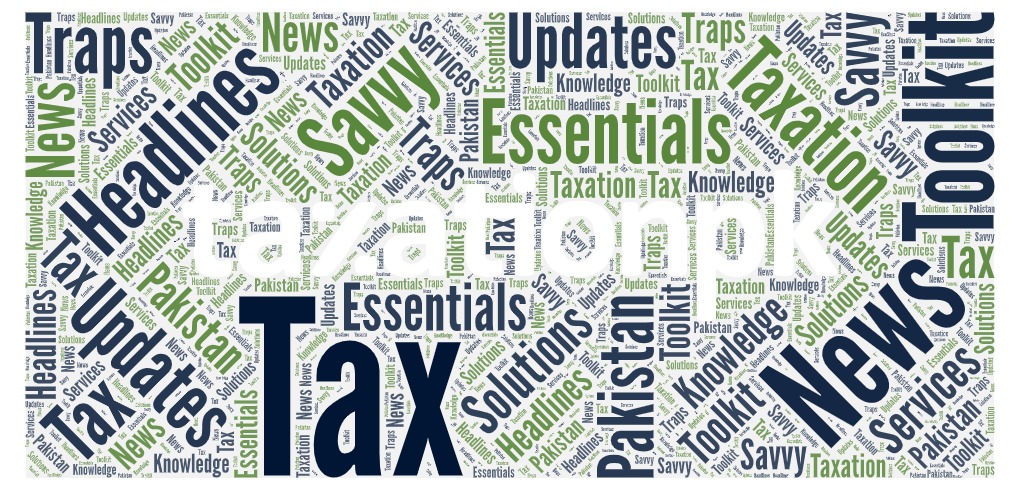Pakistan’s budget proposals for the 2024-2025 fiscal year aim to boost revenue generation through a series of tax reforms. Here’s a breakdown of the key tax proposals impacting income tax and sales tax:
Income Tax:
- Salaried Taxpayers: The income tax exemption for salaried individuals remains at Rs. 600,000 per year. However, revisions to tax slabs are expected.
- Exporters Face Tax Changes: Exporters will now be taxed under the regular tax regime at 29%, replacing the previous fixed tax of 1%.
- Capital Gains Tax: Capital gains on real estate and securities will be taxed at 15% for filers and 45% for non-filers.
- Tax on Property Transfers: A withholding income tax will be levied on the transfer of immovable property, with different rates for timely filers, delayed filers, and non-filers.
- Higher Advance Tax on Non-Filers: Non-filer distributors, wholesalers, dealers, and retailers will see an increase in advance income tax from 1% to 2.25%.
- Tax Shift for Motor Vehicles: Income tax on motor vehicle registration will shift from engine capacity to vehicle value.
Sales Tax:
- Textile and Leather Tax Increase: The reduced sales tax rate on textiles and leather will be raised from 15% to the standard rate of 18%.
- Mobile Phone Sales Tax: Mobile phones will now be subject to the standard 18% sales tax rate.
- Tax Withholding on Scrap: A sales tax withholding regime will be implemented for bronze, coal, and plastic scrap.
- Iron and Steel Scrap Exemption: Sales tax exemption for iron and steel scrap will continue.
- FATA/PATA Tax Exemptions Removed: The tax exemptions previously enjoyed by the newly merged districts of FATA/PATA will be discontinued.
- Default Surcharge Adjustment: The default surcharge rate will change from a flat 12% to a variable rate linked to the Karachi Interbank Offered Rate (KIBOR) plus 3%.
- Earlier Sales Tax Collection: Sales tax will be charged at the time of supply or when payment is received by the supplier, whichever comes first.
- Best Judgment Assessment: The concept of “best judgment assessment” will be introduced in sales tax, allowing authorities to estimate taxable income in case of non-compliance.
- Mandatory Electronic Invoicing: Electronic sales invoicing will become mandatory for all businesses.
Expected Impact:
These proposals aim to broaden the tax base, simplify tax structures, and increase government revenue. However, the changes may affect different sectors and income groups in varying ways. Salaried individuals may benefit from the maintained exemption threshold, while exporters and non-filers might face higher tax burdens. Businesses, particularly those in textiles, leather, and mobile phone sales, may see an increase in compliance costs. The removal of FATA/PATA exemptions and the introduction of best judgment assessment could potentially impact businesses in those regions.
Overall, the budget proposals highlight the government’s focus on fiscal consolidation through tax reforms. The success of these measures will depend on their implementation and the impact on economic growth and business activity.







